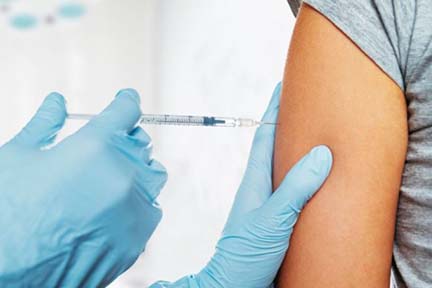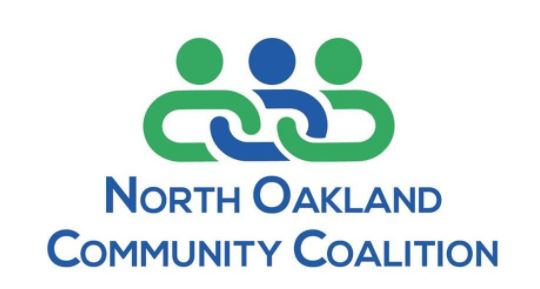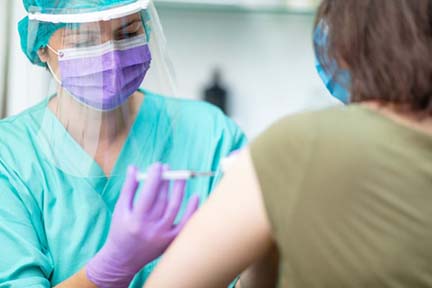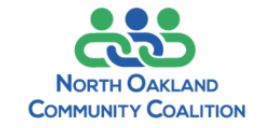
State of Michigan sets COVID-19 booster goal
Press Release FOR IMMEDIATE RELEASE: Dec. 21, 2021 CONTACT: Lynn Sutfin, 517-241-2112, SutfinL1@ State of Michigan sets COVID-19 booster goal, outlines GRAND RAPIDS, Mich. – Today, the State of Michigan announced a statewide goal to have 1 million more Michiganders, including 95% of eligible nursing home residents, receive the safe, effective COVID-19 booster by Jan. 31, 2022. Gov. Gretchen Whitmer and Michigan Department of Health and Human Services (MDHHS) Director Elizabeth Hertel also outlined actions Michiganders can take to keep themselves and their families safe this holiday season. “As Omicron becomes the dominant COVID-19 variant in the United States, we all have to step up this holiday season to keep ourselves and our loved ones safe,” said Governor Whitmer. “Our hospitals and health care workers have been working tirelessly to save lives, and we are in for a tough four to six weeks. We must all take action to protect ourselves and help our healthcare workers and hospitals do their jobs. I encourage every Michigander who is eligible to get their booster shot. Together, we can help 1 million more Michiganders, including 95% of all eligible nursing home residents get their boosters by the end of January 2022. We know from preliminary data that the booster offers more robust protection against Omicron. A 15-minute appointment to get your booster can help keep you out of the hospital and save your life. If you still have not gotten vaccinated yet, know that it is not a matter of if you will get sick but of when. We have safe and effective vaccines. Please get your shots.” “Today, we remain at a severe point in the pandemic. As the more transmissible Omicron variant continues to spread, now is the time for everyone to make sure you have plans for the holidays that will keep you and your family safe into the New Year and make sure we all have access to care if we need it,” said Hertel. “We have been surging staffing, requesting more resources, and prioritizing keeping Michiganders safe. None of us can predict whether we will get mild or severe symptoms or find ourselves facing long COVID symptoms. Even otherwise healthy and young people can get sick or end up needing care, so it is important that everyone use all the proven prevention strategies at our disposal. If you are gathering with family, friends or traveling to a bowl game, be extra vigilant, get vaccinated, get tested and wear a mask to keep yourself and your family safe.” Actions for Michiganders to Take
MDHHS Actions The department is working with local, state and federal partners to support health systems, address the surge and save lives with every available resource. MDHHS has been coordinating the allocation and monitoring of federally distributed Monoclonal Antibody medication, working on expansion and identifying staffing resources for sites. They are also supplementing mechanical ventilators to meet demand in ICUs and surging local supplies of PPE. Current Statistics Michigan’s positivity rate has decreased but remains relatively high at 16.2%, a reflection of our high transmission levels. Cases are at 477 cases per million and have been rising and falling over and over, but at an elevated level. This is a number we expect to rise as the Omicron variant continues to spread rapidly. Over the past month, 30- to 39-years-olds were experiencing the highest case rate and there were increases in hospital admissions among most age groups under 50. The percent of inpatient hospital beds occupied by individuals with COVID is now at 20.8%. This number has been increasing for 22 weeks and the mortality rate is high too – from Dec. 3 to 9, there were 756 COVID deaths. Risks for Unvaccinated Michiganders In October, unvaccinated people had 4.3 times the risk of testing positive for COVID-19 and 13.2 times the risk of dying from COVID-19 than people who were fully vaccinated. From Jan. 3 – Dec. 15, 2021, people who were unvaccinated or not fully vaccinated represented: 85.1% of COVID-19 cases, 88.1% of hospitalizations and 85.5% of deaths. # # #
|









